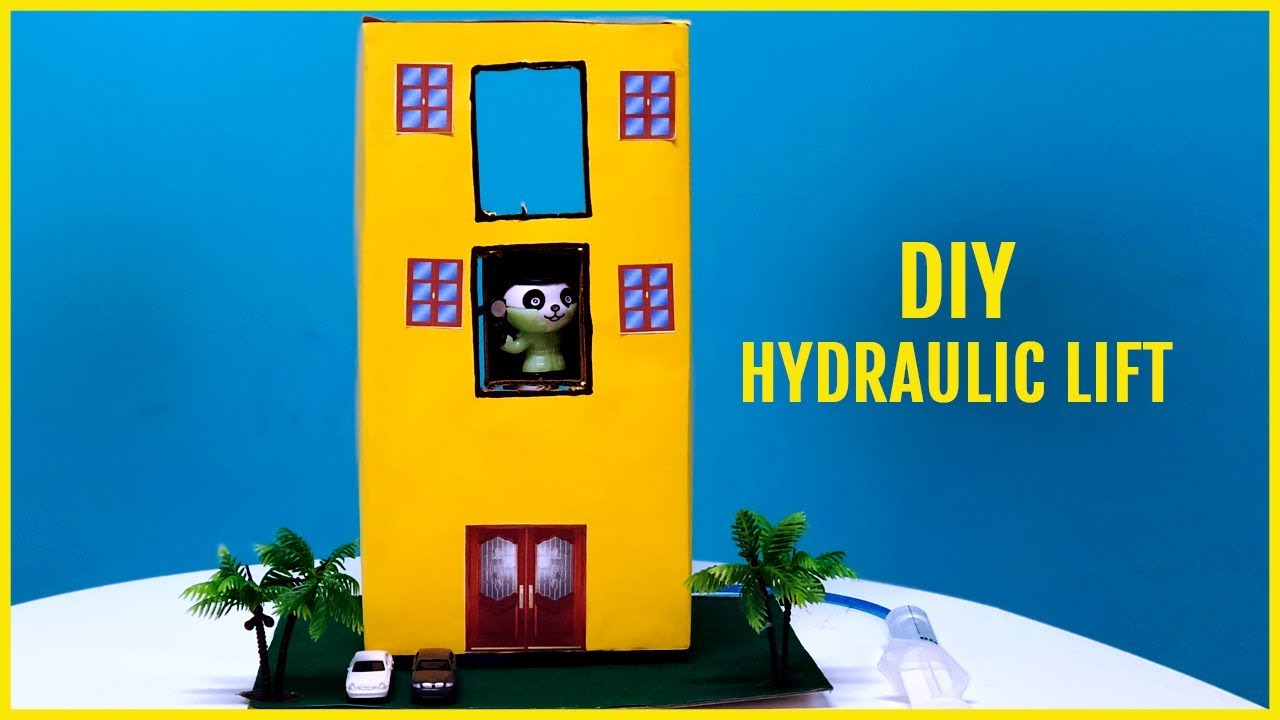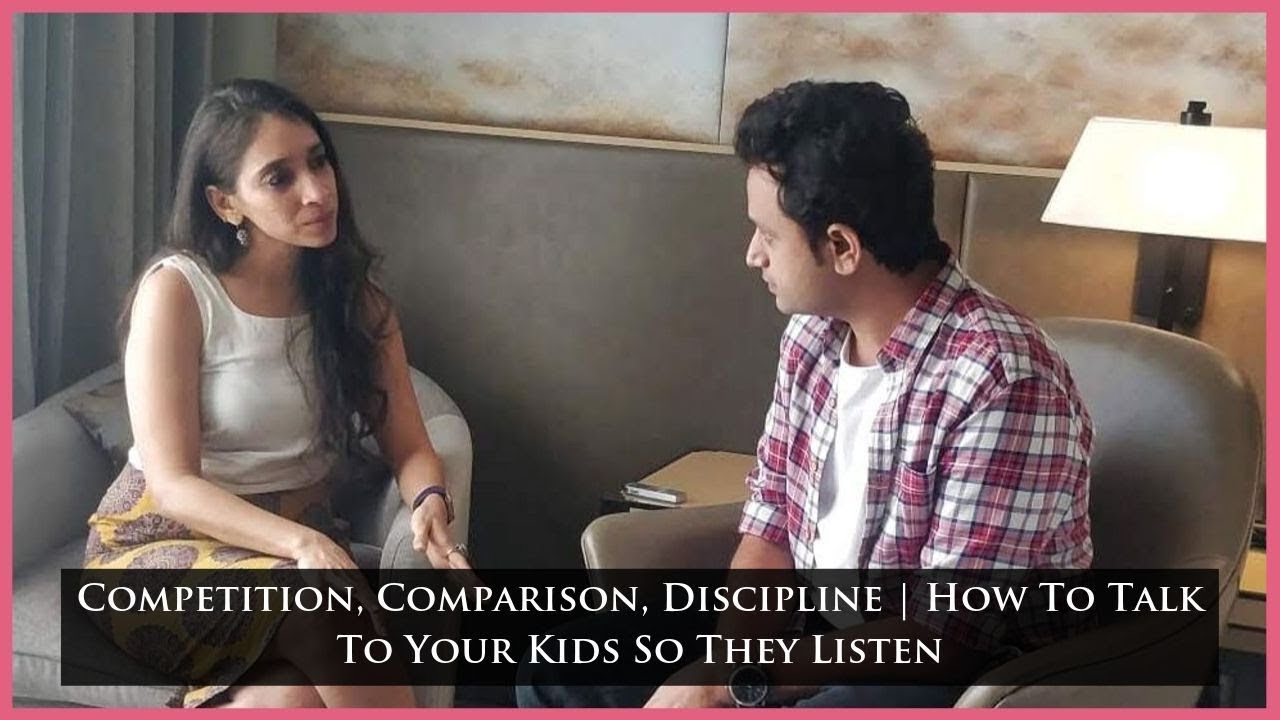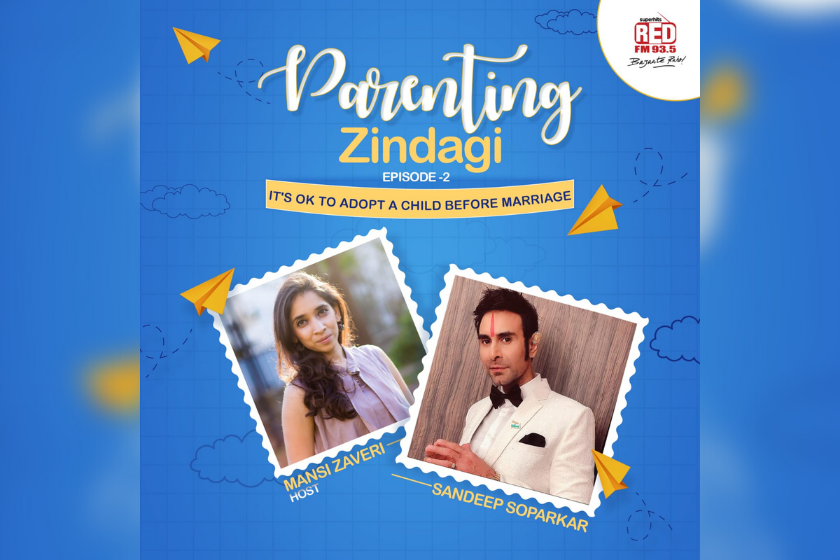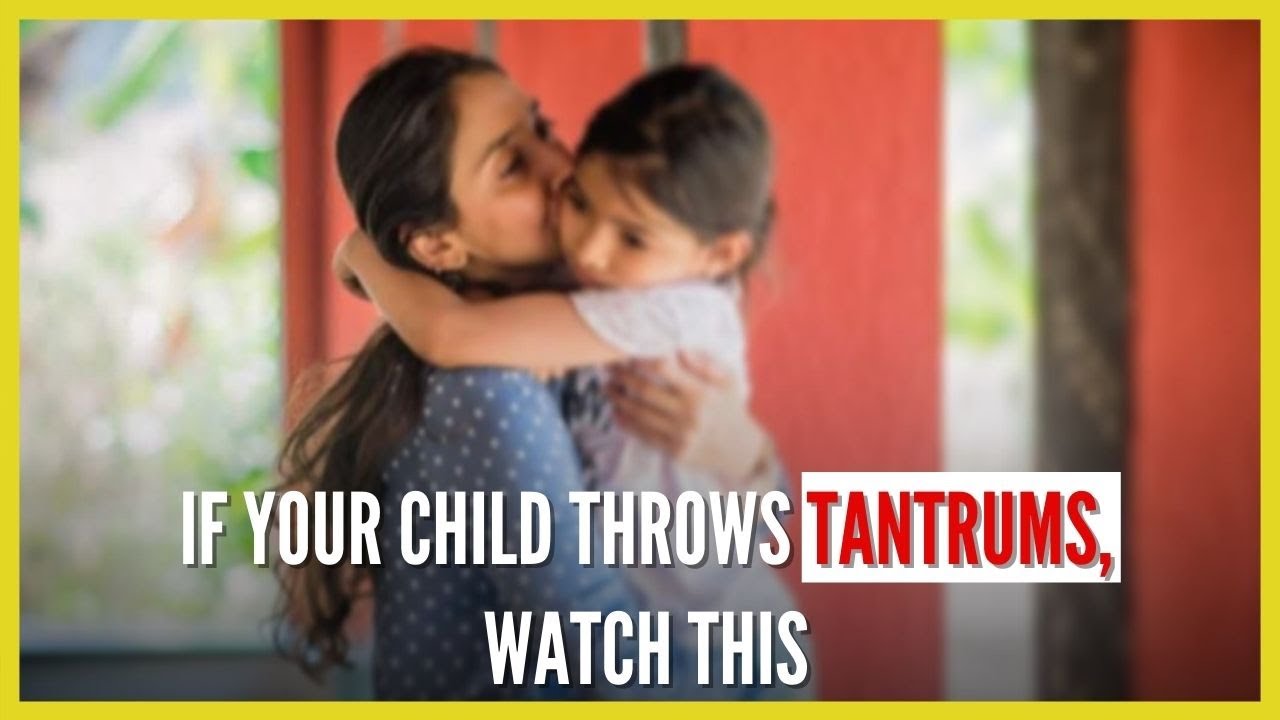As a parent, choosing the right preschool for your child is a significant decision that sets the foundation for their educational journey. One crucial factor to consider is the teaching methods employed by preschools.
Today we will decode various preschool teaching methods, empowering you with the knowledge and insights to make an informed choice. Join us on this parent’s guide as we explore different approaches and help you find the perfect fit for your child’s early learning experience.
Mansi Zaveri recently, in a column for Mint Lounge spoke to various educators on understanding the different curriculums and the role they play in our child’s school. Read it here.
Montessori Method: Montessori education, developed by Maria Montessori, is known for its child-centred approach and emphasis on independence, self-directed learning, and hands-on experiences. Montessori teaching methods hold great value for preschoolers, providing a nurturing and empowering environment for their early educational journey. They encourage the kids to explore sensorial materials and activities – how these materials stimulate and refine children’s senses, enhance their ability to observe, discriminate, and categorise, and lay the foundation for future academic learning.
Reggio Emilia: The Reggio Emilia approach, originating from the town of Reggio Emilia in Italy, is renowned for its child-centred and inquiry-based philosophy. With its focus on fostering creativity, collaboration, and self-expression, Reggio Emilia’s teaching holds immense potential for preschoolers. Teachers encourage children’s self-expression, artistic exploration, and the use of various materials to communicate their ideas, thoughts, and emotions.
Dr Swati Popat Vats, spoke earlier to Kidsstoppress on how the Reggio Emilia teaching method came to be- with this interesting backstory. Do listen to this!
Waldorf Education: Waldorf education, inspired by the philosophy of Rudolf Steiner, offers a unique and holistic approach to early childhood education. With its emphasis on nurturing imagination, fostering creativity, and the developmental needs of each child, Waldorf’s teaching holds immense value for preschoolers. Rhythm and rituals form an integral part of Waldorf teaching for preschoolers. Kids learn how daily, weekly, and seasonal rhythms create a sense of stability, security, and predictability while supporting the young child’s sense of well-being.
Primary Years Programme (PYP): This is an internationally recognized curriculum framework designed by the International Baccalaureate (IB) organization. While often associated with primary and secondary education, the PYP also offers a remarkable educational experience for preschoolers. The PYP programme fosters inquiry-based learning in preschoolers. Discover how educators encourage children to ask questions, investigate, and make connections across subjects, fostering curiosity, critical thinking, and a genuine love for learning.
Playway Method: This method of teaching harnesses the power of play for learning and development. Through play, children explore, create, and make sense of the world around them. They discover the importance of play in early childhood education and its role in cognitive, social, emotional, and physical development. The Playway Method utilizes play as a primary vehicle for learning, promoting active engagement and meaningful experiences.
Choosing the right preschool teaching method is crucial for your child’s early educational experience. By decoding different approaches such as play-based learning, Montessori, Reggio Emilia, Waldorf, and project-based learning, you can make an informed decision that aligns with your child’s needs and your educational philosophy. Remember, each child is unique, and finding the right fit will set them on a path of joy, growth, and lifelong learning.
Don’t forget to like & subscribe to our YouTube channel to never miss a new video alert!



















